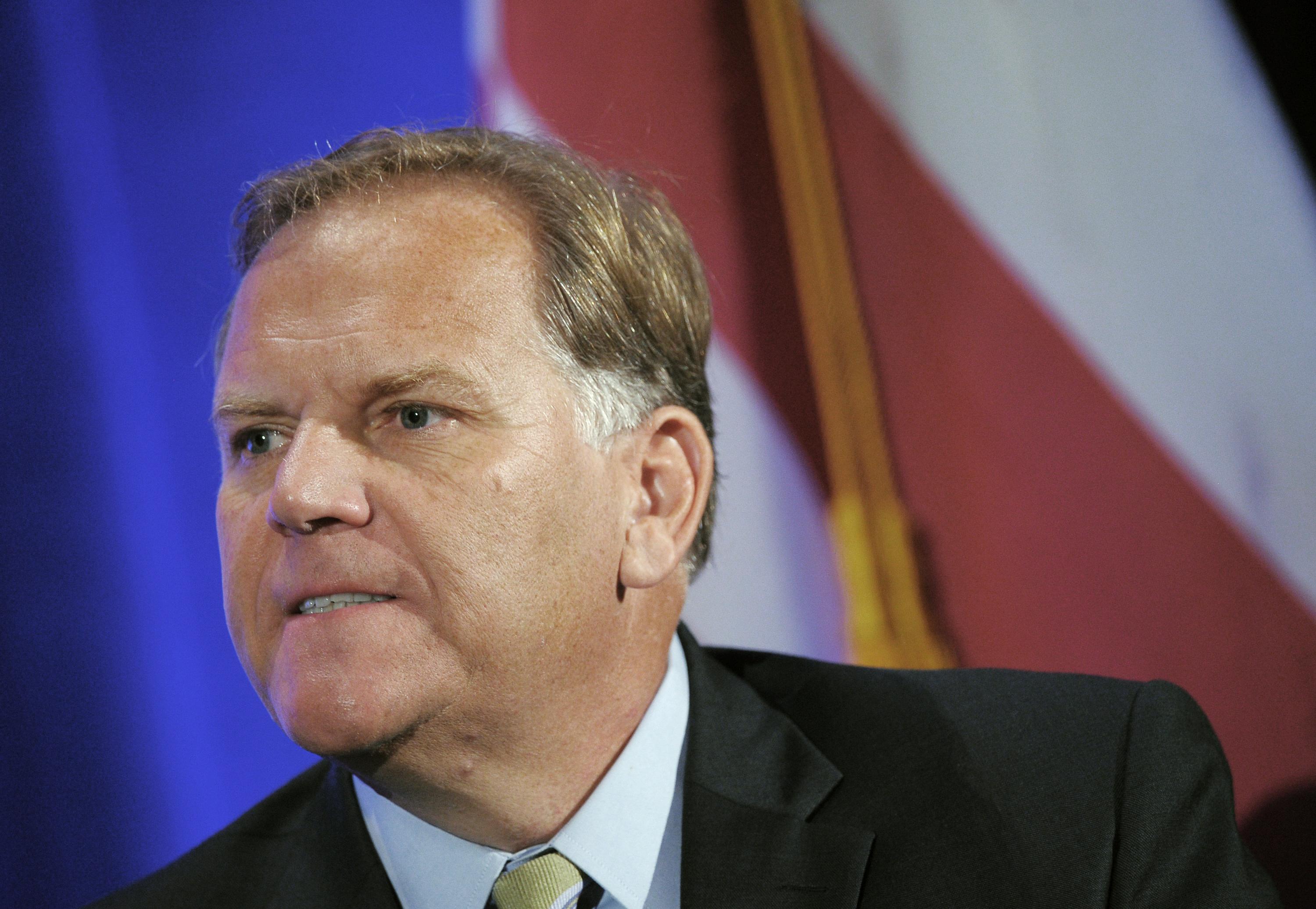As every week brings with it another new disclosure about the scope of the surveillance activities of the U.S. government, defenders of the practice continue to anchor such arguments in what one former government official described as “the most oversight-laden foreign intelligence activity in the history of the planet.” The oversight these defenders trumpet includes the intelligence agencies’ own internal checks; the one-sided, nonadversarial, and largely procedural review of such programs before the secretive Foreign Intelligence Surveillance Court; and the behind-closed-doors demands of the congressional intelligence committees. And, as those who support the government’s surveillance activities are keen to point out, the intelligence agencies must check each and every one of these boxes in order to, among other things, collect all of our telephony metadata; spy on foreign governments; and tap into the backbone of electronic communications service providers—like Google, Facebook, etc. Not only are these checks and balances portrayed as rigorous, but the current proposals for additional checks and balances involving outside—or at least disinterested—actors are dismissed as simply unnecessary.
Historically, it’s been exceedingly difficult for the lay public to analyze this claim—and to assess the sufficiency of such oversight, since virtually all of it takes place in secret. But at Tuesday’s rare open hearing of the House Permanent Select Committee on Intelligence, we had an unusual public window into the aggressiveness of congressional oversight (or lack thereof). And what came out of Tuesday’s hearing should go a long way toward dispelling claims that such oversight is sufficient.
The first panel at the hearing featured the exact lineup of government witnesses from whom Congress could demand answers: the director of national intelligence, the director and deputy director of the National Security Agency, and the deputy attorney general. But the majority of the two-and-a-half-hour back-and-forth focused not on concerns that U.S. surveillance authorities have spiraled out of control or on how the public could be reassured that they haven’t. Instead, an overwhelming majority of the committee members’ questions sought to establish, among other things, that Europeans are hypocrites for complaining about U.S. surveillance; that Edward Snowden is a traitor; and that everyone who works for the NSA is a patriot. Interesting points, all—but not exactly what one thinks of as “oversight.”
But it was the second panel—on which I was one of the witnesses—where things really got interesting. Toward the end of the discussion (which was truncated due to the length of the first panel), Rep. Mike Rogers—a Republican from Michigan and the chairman of the committee—concluded an exchange by observing that: “I would argue the fact that we haven’t had any complaints come forward with any specificity arguing that their privacy has been violated … in 10 years, clearly indicates that … [s]omebody must be doing something exactly right.”
Curious about what he meant (since the whole point is that we didn’t have any reason to suspect, before Snowden came along, that our privacy had been violated), I pushed back: “But who would be complaining?”
His response bears quoting in full: “Somebody whose privacy was violated. You can’t have your privacy violated if you don’t know your privacy is violated.” In other words, Rogers was suggesting that private citizens have no expectation of privacy in anything the government (or anyone else, for that matter) does to us, so long as we don’t know about it. It’s easy enough to see the fallacy in this logic; after all, if someone placed a webcam in your shower without your knowledge, would it not be a violation of your privacy simply because you don’t notice it? And as MSNBC’s Adam Serwer has pointed out, it’s also flatly inconsistent with everything the Supreme Court has ever said on the subject.
On the spot, I could respond only by disagreeing, respectfully, and referring Rogers to the noise made by the tree that falls unwatched in the forest—a point I thought would be obvious, but which he dismissed as a “new interesting standard in the law.”
With the benefit of several days of hindsight, though, I find this statement more than just surprising. In fact, it is an incredibly disheartening reflection on the state of the surveillance oversight regime. Rogers is not just a member of HPSCI; he’s the most important and powerful figure on the committee—and is also, by law, a member of the so-called “Gang of Eight,” the small cohort of congressional leaders to which the executive branch must disclose those operations too sensitive to reveal even to the full intelligence committees, let alone all of Congress. And as our exchange suggests, his view appears to be that there is no privacy problem with anything the government does in secret, so long as we never find out about it.
Rogers is certainly entitled to his opinions, bizarre though they may be. And perhaps he merely misspoke—although I’m hard-pressed to see how. The more alarming point is that he is a key player in the very congressional oversight on which so many defenses of the government’s surveillance authorities rely. Reasonable people can disagree about whether the government should have the power to conduct the various forms of surveillance we’ve come to learn about in recent months. What should be beyond dispute is that meaningful “oversight,” whether it is sufficient or merely necessary, cannot come from individuals who, by their own admission, believe the government only errs when its violations of our privacy are discovered. By that logic, the only real incentive the government has when it comes to protecting our civil liberties is making sure that its violations of our privacy are never discovered.
